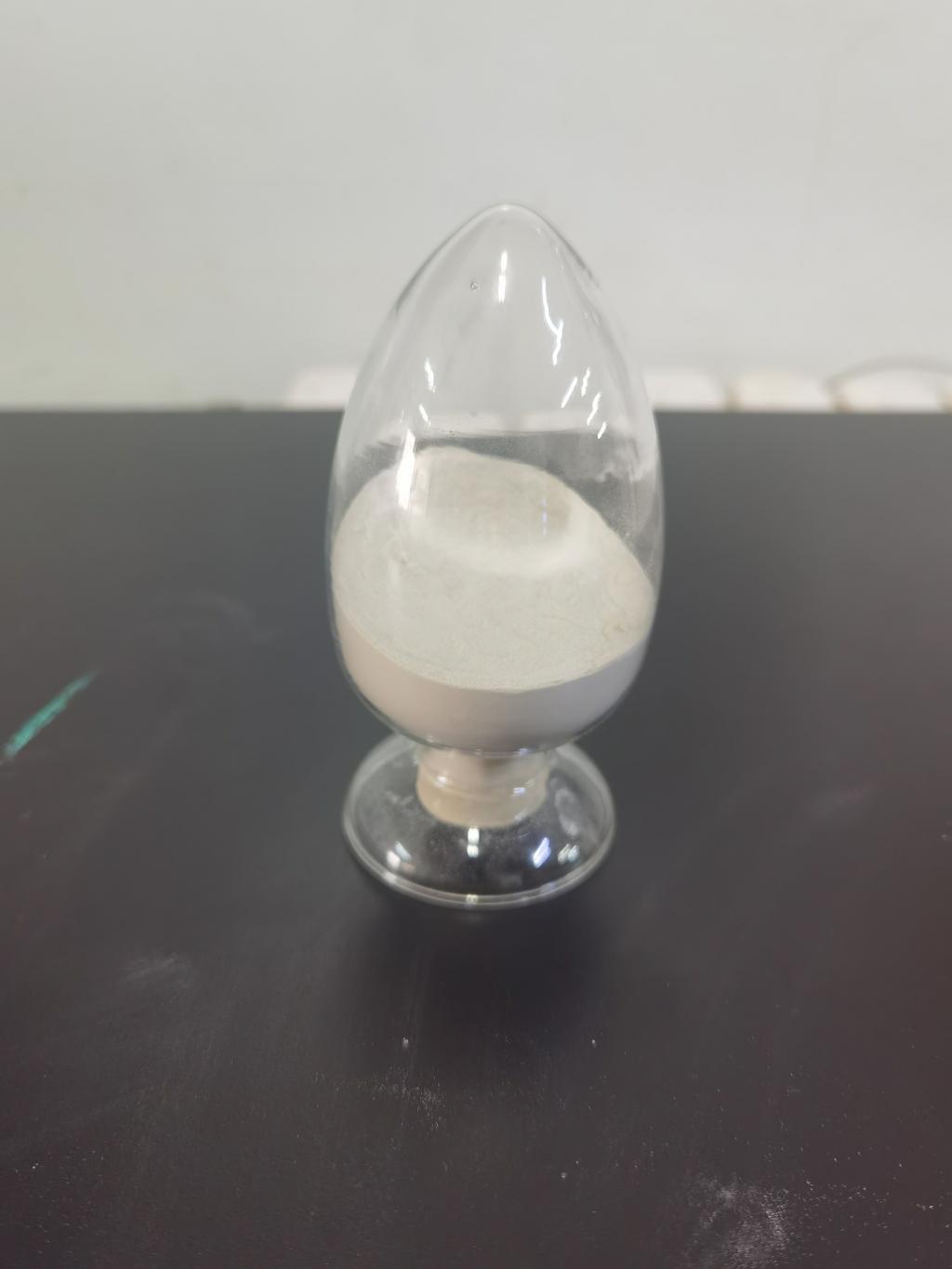Tel:+8618231198596

News
 CONTACT
CONTACT
 CONTACT
CONTACT
- Linkman:Linda Yao
- Tel: +8618231198596
- Email:linda.yao@dcpharma.cn
- Linkman:CHARLES.WANG
- Department:Overseas
- Tel: 0086 0311-85537378 0086 0311-85539701
News
Nisin's Role in Elevating Food Safety Standards in Fast-Food Chains
TIME:2024-02-21
I. The Significance of Food Safety in Fast-Food Chains:
a. High Volume, High Stakes:
Fast-food chains operate on a large scale, serving a diverse and extensive customer base. The high volume of food preparation and consumption poses unique challenges in maintaining food safety, as the risk of contamination and foodborne illnesses increases with the speed of service.
b. Consumer Expectations:
Customers expect fast-food chains to provide quick, convenient, and above all, safe meals. Any lapses in food safety can lead to severe consequences, including negative publicity, legal issues, and a loss of customer trust. Elevating food safety standards is not only a legal requirement but also a crucial aspect of meeting consumer expectations.
II. Nisin's Antimicrobial Properties:
a. Understanding Nisin:
Nisin is a natural antimicrobial peptide produced by certain strains of lactic acid bacteria. Its antimicrobial properties make it effective against a broad spectrum of bacteria, including foodborne pathogens. As a natural preservative, Nisin has the potential to enhance food safety without resorting to synthetic chemicals.
b. Targeting Pathogens in Fast Food:
Fast-food chains often handle a variety of ingredients, and quick preparation times may compromise traditional food safety measures. Nisin's ability to target harmful bacteria can provide an additional layer of protection, reducing the risk of microbial contamination and ensuring that fast-food offerings meet stringent safety standards.
III. Applications of Nisin in Fast-Food Chains:
a. Surface Sanitization:
Nisin can be incorporated into sanitization protocols for kitchen surfaces, utensils, and equipment. Its antimicrobial properties can help prevent the cross-contamination of food and reduce the risk of foodborne pathogens spreading in the fast-food preparation environment.
b. Preserving Fresh Produce:
Fast-food chains frequently incorporate fresh produce into their offerings. Nisin can be applied to fruits and vegetables to extend their shelf life while maintaining their nutritional value. This ensures that ingredients remain safe for consumption throughout the fast-food production process.
c. Enhancing Shelf Life of Processed Foods:
Nisin can be utilized in the production of processed foods, such as pre-cooked meats and ready-to-eat items. By inhibiting the growth of spoilage organisms and harmful bacteria, Nisin helps extend the shelf life of these products, reducing waste and enhancing overall food safety.
IV. Consumer Benefits:
a. Assurance of Safety:
The incorporation of Nisin in fast-food chains provides consumers with an additional layer of assurance regarding the safety of their meals. Knowing that natural antimicrobial measures are in place can enhance consumer confidence and trust in the fast-food industry.
b. Extended Freshness:
Nisin's role in preserving fresh produce ensures that fast-food offerings maintain their freshness for a more extended period. This not only contributes to the overall quality of the food but also reduces the likelihood of serving ingredients past their prime.
c. Healthier Choices:
With the extended shelf life of processed foods, fast-food chains can maintain a supply of healthier options. This aligns with the growing consumer demand for nutritious choices, contributing to a positive image for the fast-food industry.
V. Industry Impacts and Considerations:
a. Compliance with Regulations:
The incorporation of Nisin into fast-food safety protocols must align with existing food safety regulations. Ensuring compliance with local and international standards is essential to avoid legal complications and maintain public trust.
b. Operational Adjustments:
Integrating Nisin into fast-food chains may require operational adjustments, including training staff, updating protocols, and potentially investing in new equipment. However, the long-term benefits in terms of improved food safety and customer satisfaction justify these adjustments.
VI. Case Studies and Success Stories:
Highlighting case studies and success stories where fast-food chains have successfully integrated Nisin into their food safety measures can provide practical insights. Showcase instances where Nisin has led to a reduction in foodborne illnesses, enhanced customer satisfaction, and contributed to the overall success of the establishments.
VII. Future Trends and Innovations:
Explore potential future trends and innovations in the use of Nisin in fast-food chains. Consider advancements in technology, collaborative research projects, and the development of new products that leverage Nisin's antimicrobial properties to further enhance food safety standards.
VIII. Conclusion:
In conclusion, Nisin's integration into fast-food chains represents a significant step towards elevating food safety standards in the industry. By harnessing the natural antimicrobial properties of Nisin, fast-food establishments can not only meet regulatory requirements but also exceed consumer expectations. The adoption of Nisin as a tool for food safety not only benefits the industry in terms of reputation and profitability but, more importantly, ensures that customers can enjoy fast-food offerings with confidence in their safety and quality.
- Tel:+8618231198596
- Whatsapp:18231198596
- Chat With Skype







